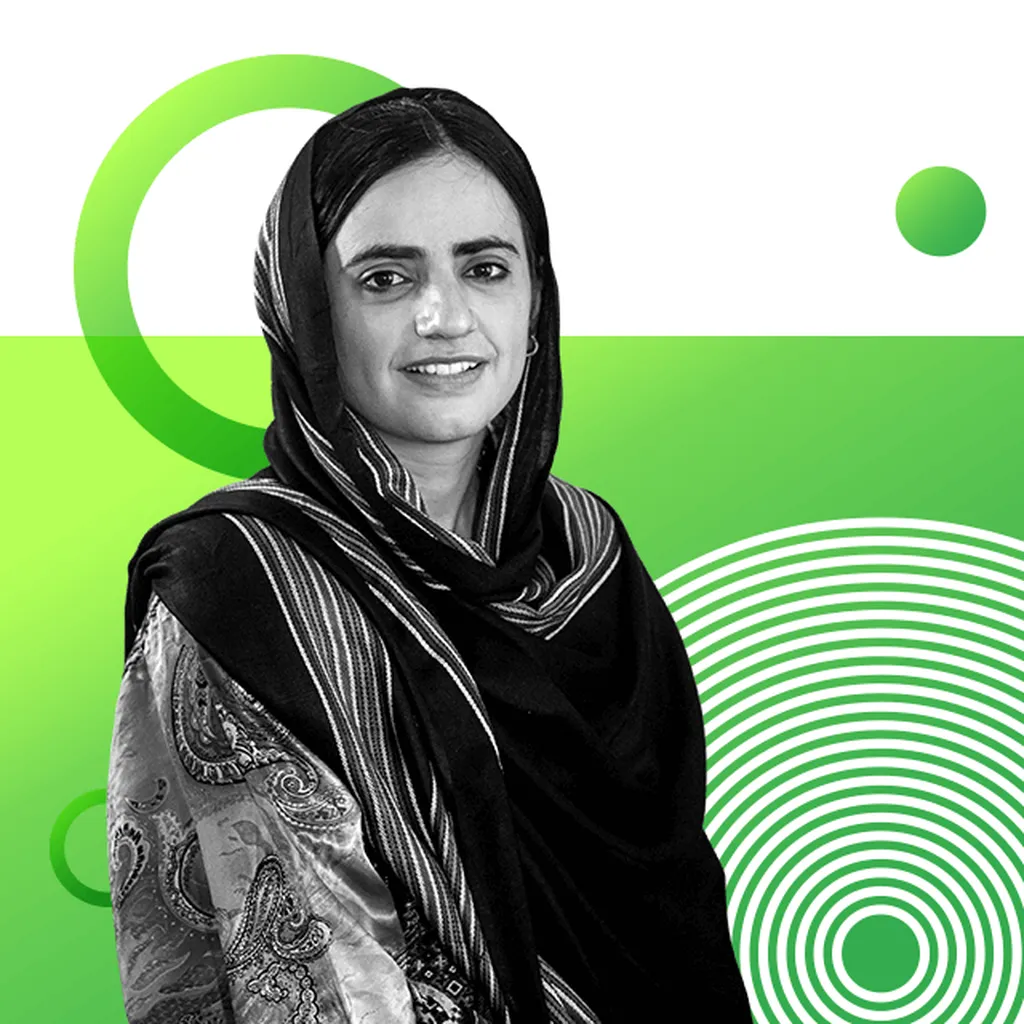In the heart of Iraq, a country historically known for its fertile lands nurtured by the Tigris and Euphrates rivers, a pressing challenge has emerged. Droughts in recent seasons have led to a significant decline in agricultural production, sparking a critical need for innovative water management solutions. Enter Hayder Nasser Alsammak, a Master’s student in Computer Technology at the Northern Technical University, who is leveraging the power of the Internet of Things (IoT) to revolutionize smart farm irrigation management.
Alsammak’s recent study, published in the NTU Journal of Engineering and Technology (translated from Arabic as the Northern Technical University Journal of Engineering and Technology), delves into the transformative potential of IoT in agriculture. By reviewing 35 research articles out of an initial survey of 80, Alsammak identified key parameters monitored and controlled by sensors and communication technologies. “This research aims to provide a comprehensive overview of the current state of IoT applications in smart irrigation,” Alsammak explains. “We analyzed the technologies that are making a tangible difference in water management and agricultural productivity.”
The study highlights how IoT technologies can optimize water usage, a critical factor in regions like Iraq where water scarcity is becoming increasingly problematic. Sensors embedded in the soil can monitor moisture levels, temperature, and other environmental factors, providing real-time data that informs irrigation decisions. This precision agriculture approach not only conserves water but also enhances crop yields, offering significant commercial benefits for the agricultural sector.
One of the most compelling aspects of Alsammak’s research is its focus on the challenges and recommendations in the field. “We identified specific hurdles that need to be addressed, such as the interoperability of different IoT devices and the need for robust communication technologies,” Alsammak notes. These insights are crucial for developers and investors looking to capitalize on the growing market for smart agriculture solutions.
The implications of this research extend beyond Iraq, offering valuable insights for global agricultural practices. As water scarcity becomes a more pressing issue worldwide, the adoption of IoT technologies in smart irrigation could become a game-changer. “This study serves as a resource for researchers and industry professionals,” Alsammak states. “It provides a foundation for future developments in smart agriculture, paving the way for more sustainable and efficient farming practices.”
The commercial impact of these technologies is substantial. Farmers and agricultural businesses can reduce costs and increase productivity by adopting IoT-driven irrigation systems. Additionally, the energy sector stands to benefit from the optimized use of resources, as efficient water management can lead to reduced energy consumption in pumping and irrigation processes.
Alsammak’s research underscores the importance of continued innovation in IoT and smart agriculture. By addressing the challenges and leveraging the opportunities presented by these technologies, the agricultural sector can achieve long-term sustainability and resilience. As the world grapples with the effects of climate change and water scarcity, the insights from this study offer a beacon of hope for a more efficient and sustainable future in agriculture.

